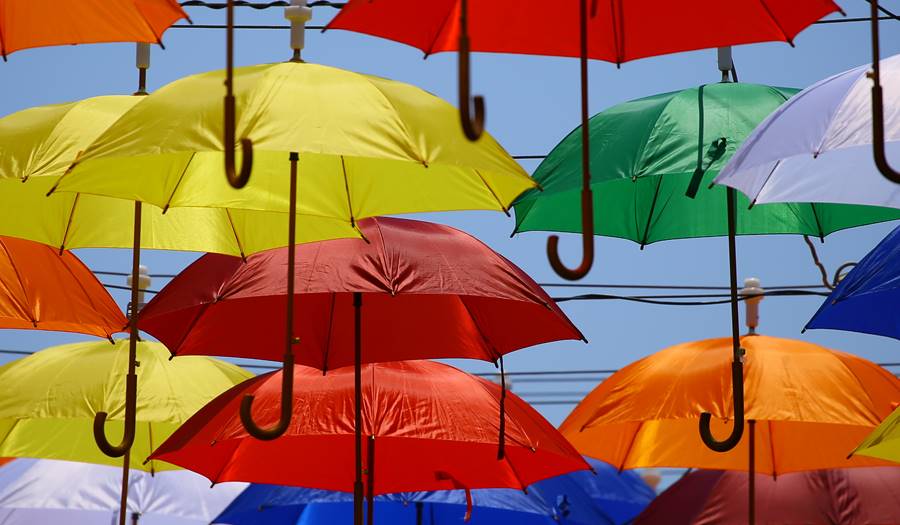
How To Be Financially Prepared For A Hurricane
9/27/2017
How to be financially prepared before a natural disaster strikes.
Dear Kim,
Fortunately, we were spared during the recent string of hurricanes. While threats still loom, what is the best way to prepare from a financial standpoint?
Thank you,
Jennifer

Dear Jennifer,
I am glad to hear that you were not affected by the recent horrific storms. Preparing yourself for a natural disaster is a smart move. My recommendation is to create a financial tool box. First step is to get a safe that is not only fireproof, but also waterproof. You will need to include quite a bit of information, but these documents are essential after a disaster. Here is the list of documents that should be stored:
- • Copy of your driver's license front and back
- • Birth certificate with raised seal
- • Social security cards
- • Child identification cards
- • Military ID or discharge papers
- • Proof of pet ownership
- • Deed to home
- • Property tax information
- • Car ownership documents
- • Government benefits
- • Power of attorney
- • Will/estate information/living will
- • Insurance policies
- • Financial accounts
- • Financial obligations
- • Copy of medical insurance/Medicare cards
- • Doctor's name and number
- • List of medications and pharmacy number
- • List of allergies
- • Insurance Agent telephone number
If you are a victim of a natural disaster, always address your basic needs first. Your safety is always the number one priority. Once it is safe, try to get a general assessment of your property. Take as many pictures as you can. Contact your insurance company. Some policies have a provision for temporary housing, if you cannot return to your home.
Once you begin the recovery process, make sure that you keep an envelope or binder with all of the receipts for expenses related to the storm. Many of these expenses may be reimbursed through insurance policies. I also suggest reaching out to all of your creditors including your mortgage company and explain your circumstances. Many creditors have assistance programs for people who have survived a natural disaster. The sooner you contact them, the better.
Lastly, be cautious when taking on more debt. Agencies such as the Small Business Administration issue loans to survivors of natural disasters. These loans can be very helpful in your time of need, but they require repayment. Many people have no idea what the final cost will be to rebuild their homes and their lives. Delving into too much debt may make an arduous process even worse.

Kim Cole is the Community Engagement Manager for Navicore Solutions. Kim provides financial education workshops and seminars to communities. Readers can submit general questions relating to personal finance, credit scoring, debt management, student loans, home finance or bankruptcy which may be highlighted in the next month's edition. All identifying information will be kept anonymous.
Please send your questions via email to DearKim@navicoresolutions.org